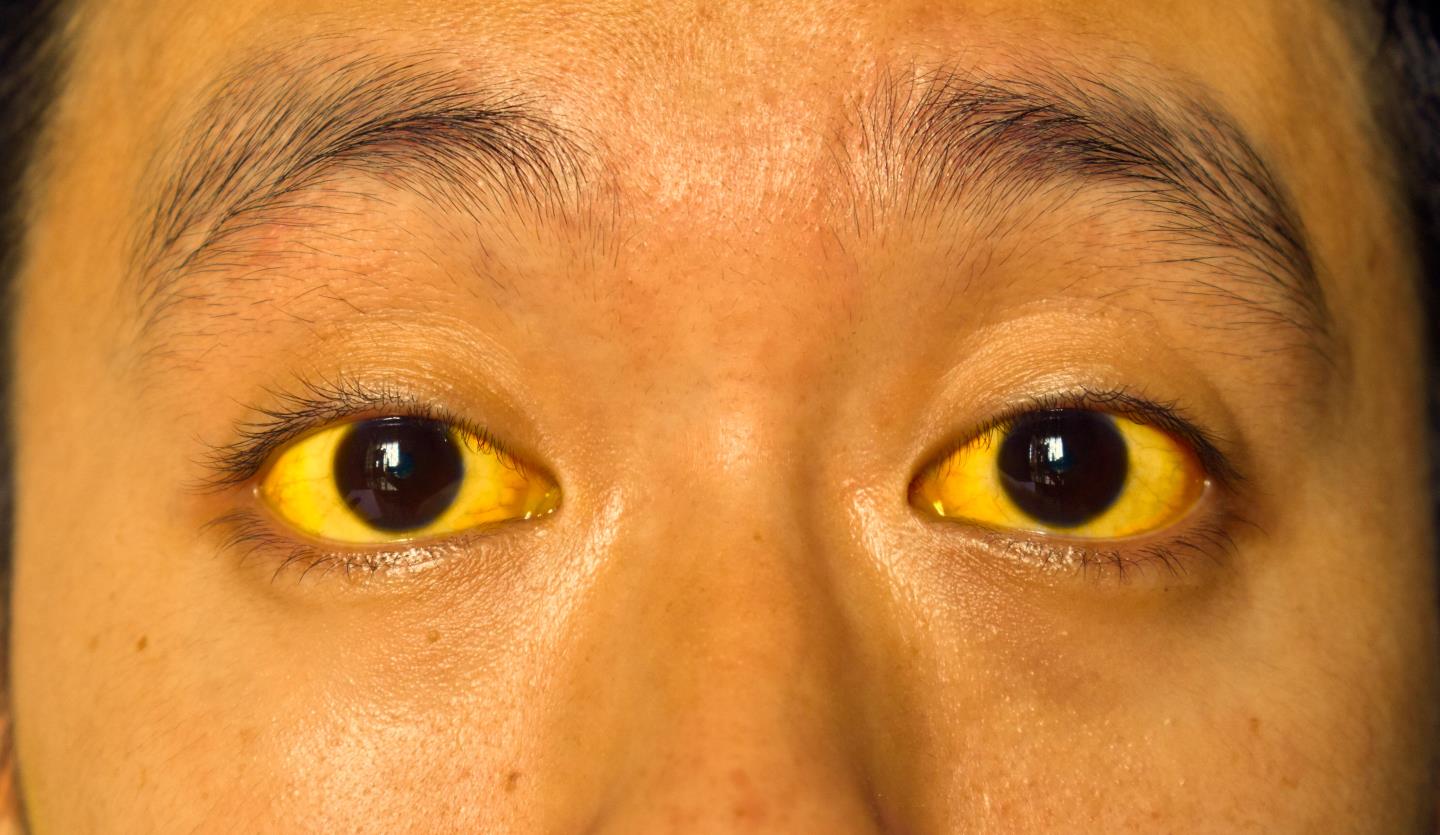Former England midfielder Kieron Dyer is to undergo a liver transplant after battling a condition known as Primary Sclerosing Cholangitis (PSC) – but what is it, and who can be affected?
Yesterday, football club Ipswich Town confirmed coach Dyer needs the procedure after being admitted to hospital for a series of tests.
The 42-year-old ex-footballer has been managing problems with his liver for a couple of years, but now is in need of a new one.
As his condition is uncommon, there is a lack of awareness surrounding it.
What is PSC?
Primary Sclerosing Cholangitis is a rare, chronic, long-term liver disease where the bile ducts both in and outside the liver gradually narrow as a result of inflammation and scarring.
It isn’t possible to prevent PSC as the cause isn’t currently known.
According to the British Liver Trust, there is evidence it may be triggered by an unknown bacteria or virus in people who are genetically predisposed to get the disease.
What are the symptoms of PSC?
Signs you may have PSC include itchy skin, extreme tiredness and stomach pain.
Yellow of the skin and eyes, known as jaundice, plus chills and fever from the infection of your bile ducts are also common.
Who is most likely to be affected?
Men aged 30-50 are the most likely to get PSC, with the typical diagnosis age around 40-years-old.
Around two-thirds of patients are male, and one-third female.
Individuals who have a family member with the condition or suffer from Inflammatory Bowel Disease (IBD) also have a higher chance of developing PSC.
It is estimated around seven in 10 people with PSC also IBD.
Potential complications of PSC
Those who have PSC are at a higher risk of certain types of cancer such as gallbladder, bile duct and colorectal cancer.
They are also at risk of developing other serious liver conditions such as cirrhosis or even liver failure.
Treatment options
There is no treatment available which has the ability to stop or slow down PSC deterioration, with a liver transplant like Kieron Dyer the only solution.
However, GPs can prescribe medications to relieve some of the symptoms, such as itchy skin.
Additionally, people with the condition are advised to avoid eating raw shellfish, such as oysters. These contain bacteria which can cause severe infections in those with liver disease.

More information can be found by contacting the British Liver Trust’s nurse-led helpline on 0800 652 7330.

